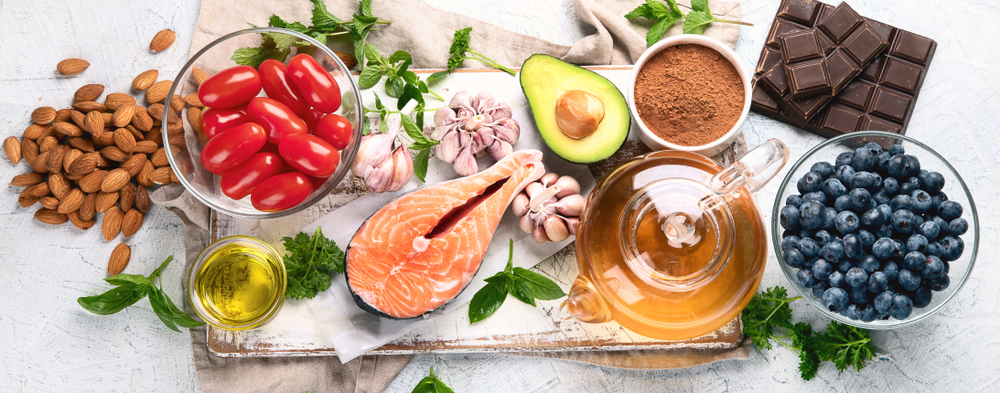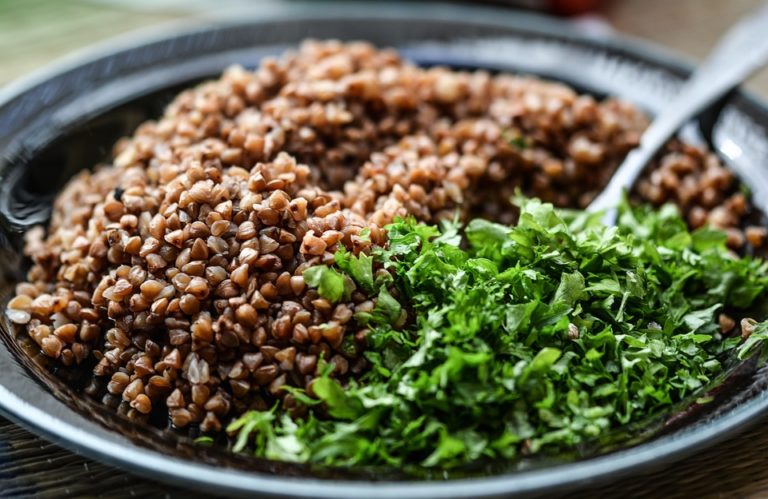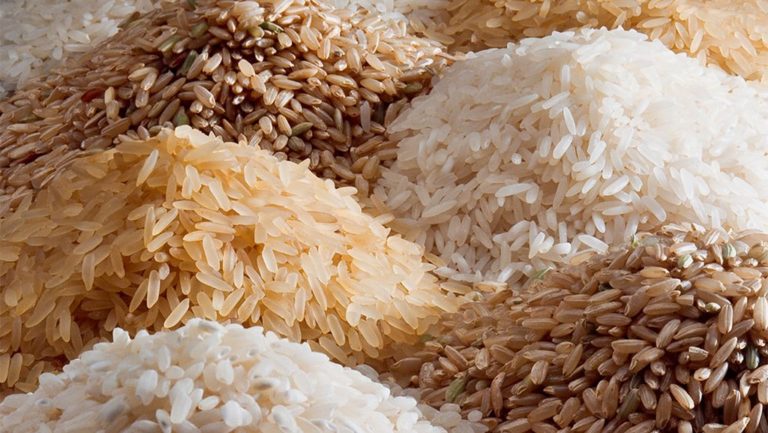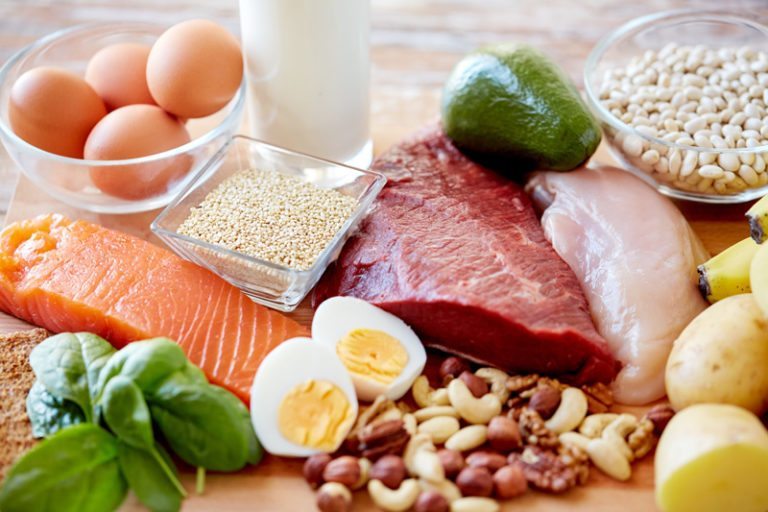
If you want to keep your brain healthy and active as you age, you need to focus on your diet as well. Our brain need a bunch of vitamins and nutrients, in order to keep performing as it should, that you can only take from a variety of foods.
Puja Agarwal, PhD, a nutritional epidemiologist and assistant professor in the Department of Internal Medicine at Rush Medical College in Chicago, says that certain nutrients, flavonoids, unsaturated fats, and omega-3 fatty acids are responsible for slowing cognitive decline and reducing the risk of dementia.
Another vital piece of information is that it’s important to eat whole foods, in order to get those nutrients. The supplements do not have the same efficacy. So, the question is: which vitamins are good for brain health? Here’s a list you need to know about:
- Oily fish – It’s a good source of omega-3 fatty acids, and it helps to build the membranes around each cell in the body, including brain cells. You can find it in salmon, mackerel, tuna, herring, and sardines.
- Dark chocolate – It’s rich in antioxidants, and they are essential for your brain health. Imagine how highly susceptible is our brain to oxidative stress, and how much this stress can contribute to age-related cognitive decline and brain diseases. Cacao flavonoids(a type of antioxidant) will encourage neuron and blood vessel growth.
- Berries – Another food that contains flavonoids are berries. They can improve the communication between brain cells, increase plasticity, which helps brain cells to form new connections and reduce age-related neurodegenerative diseases and cognitive decline.
- Nuts and seeds – These fiber-rich foods are also rich in antioxidant vitamin E, which protects cells from oxidative stress caused by free radicals.
- Whole grains – Another choice for vitamin E are whole grains, like brown rice, barley, bulgur wheat, oatmeal, whole-grain bread, whole-grain pasta
- Coffee – Researchers found that caffeine enhances an increase in brain entropy, which deals with complex and variable brain activity. If the entropy is high, the brain can process more information.
- Avocados – Avocados are a source of healthful unsaturated fat, which supports the brain.
- Peanuts – Peanuts have an excellent nutritional profile. They provide key vitamins and minerals to keep the brain healthy, including high levels of vitamin E and resveratrol.
- Eggs – Eggs are a great source of vitamin B-6, vitamin B-12, and folic acid, which prevent brain shrinkage and delay cognitive decline.
- Broccoli – This healthy vegetable contains vitamin C and flavonoids, antioxidants that can boost a person’s brain health.
- Kale – Kale contains glucosinolates, and leafy greens contain key antioxidants, vitamins, and minerals.
- Soy products – Soybeans are rich in polyphenols, which are linked to a reduced risk of dementia and improved cognitive abilities in the natural aging process.

























